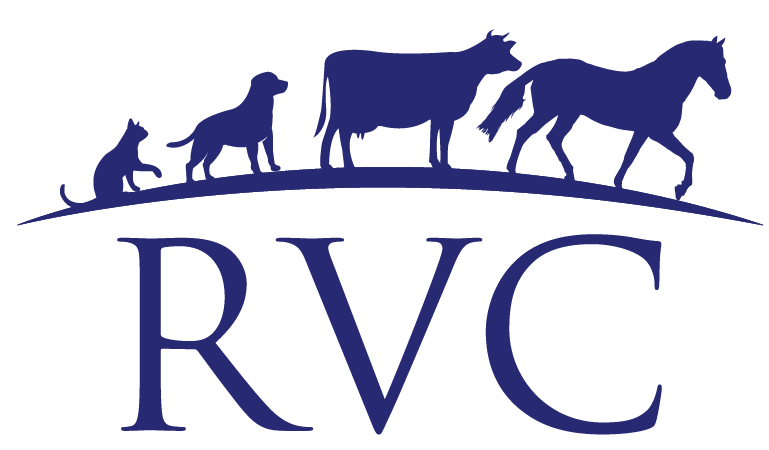Achieving your repro goals:
An interview with contract milker Ben Jagger
This Repro season has definitely had its challenges, and everybody deals with these challenges differently but not everybody manages to deal with challenges and succeed.
Someone who has managed to succeed this repro season is Ben Jagger, contract milker at Bunnings dairy farm in Fernside. I had the opportunity to talk to him and ask him about this season and how he managed to achieve such a step up in herd reproductive performance.
“Firstly”, Ben said, “It’s about setting goals and being open to change to achieve these goals.”
This is the last year on farm for the Jagger family and they really wanted to leave on a high note. But with this year’s poor autumn, winter and spring, achieving their desired results required a change of mindset.
Ben had been sitting on a six week in calf rate of around 65% for the past three years with an empty rate of around 16%. The goal for the last couple of years was to push past a six week in calf rate of 70%.
But then how to achieve this? “Planning for the following repro season starts just after scanning is finished”, says Ben. “It doesn’t happen in one year, this season’s results are an accumulation of the last three years of work”. Talks with the vets started early to decide upon a course of action to achieve these goals and with significant lower rainfall and grass cover last autumn and winter it wasn’t going to be easy.
I asked Ben what was done differently building up to this season’s mating? “Aggressive with body condition scoring in the Autumn and early drying off of risk animals, young and light. And then the cows were wintered in mobs based on BCS to achieve adequate weight gains in the winter. Only before calving were the cows split back up into mobs based on calving dates.”
But it didn’t stop there. After calving, at risk animals, heifers, lighter cows and non-cyclers were put on once a day milking to ensure enough reserves were build up for mating.
“You need to do the simple things well and have a great team behind you to be able to do what is necessary to make this all work”, Ben says. “And of course, having Pro Track is a great help as well”.
After the repro consult with RVC and Agrihealth, a plan was devised for mating which incorporated an early why wait program and one round of early CIDR treatments of non-cyclers.
Ben attests that the why wait program had a secondary beneficial effect of making sure that himself and the team were extra vigilant with the pre-mating heats.
“If you’re going to do it,
you might as well give it 100%.”
And the results for this season speak for themselves, a three week in calf rate of 59%, a six week in calf rate of 76% and a 11% empty rate is a fantastic achievement in anybody’s books.
When asked if the repro consults where valuable to attaining this year’s results, Ben replies, “Definitely, you need concrete goals to achieve, and the repro consults helped to build a solid plan around those goals. But two things are very important, you need to be prepared to change things up and you need a good team who wants to achieve the same goals”.
If this is something you’d like to be a part of then get in touch with the RVC team and book in a repro consult today.
A great example of farmer and vets working together achieving goals and facilitating positive change.

